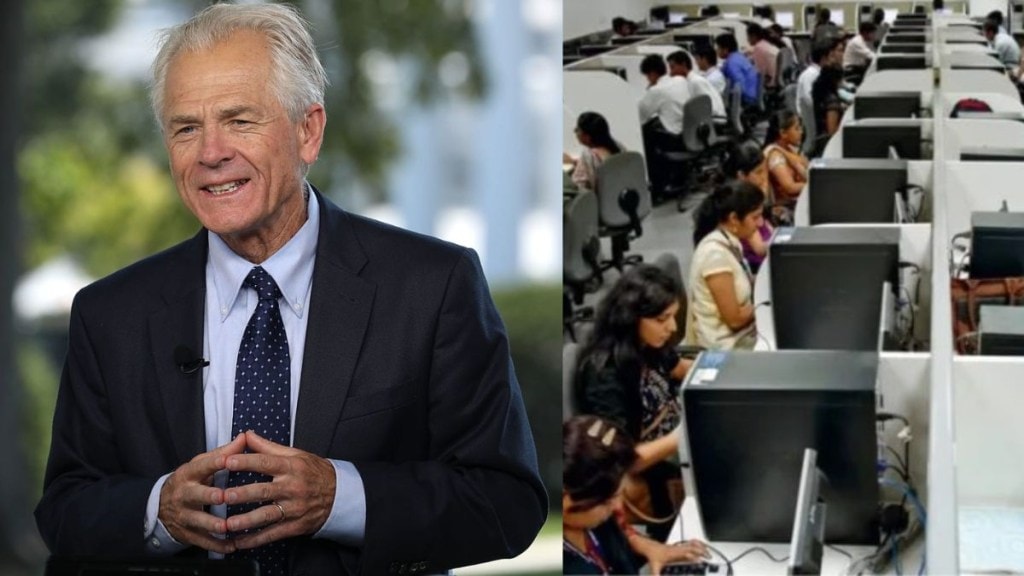White House trade advisor Peter Navarro seems to be extending support for new calls to impose tariffs on foreign remote workers. This stays aligned with President Donald Trump’s push to prioritise American labour and bring outsourced jobs back to the United States.
On Wednesday, conservative commentator Jack Posobiec posted on X urging the US government to tax all forms of outsourcing. “All outsourcing should be tariffed,” he wrote.
“Countries must pay for the privilege of providing services remotely to the US the same way as goods.” Navarro, a key architect of Trump’s trade policies, retweeted Posobiec’s tweet.
Tariff the foreign remote workers
— Jack Poso 🇺🇸 (@JackPosobiec) September 1, 2025
All outsourcing should be tariffed
Countries must pay for the privilege of providing services remotely to the US the same way as goods
Apply across industries, leveled as necessary per country
Trump administration’s focus on ‘America first’ labour policies
The renewed focus on outsourcing comes just days after President Trump issued a Labour Day proclamation doubling down on his “America First” labour policies.
“Every day, my administration is restoring the dignity of labour and putting the American worker first,” Trump declared. He highlighted tariff collections, new trade deals, and industrial revitalisation efforts as key wins.
“We are amassing hundreds of billions of dollars in tariff revenue and ensuring that every product of American craftsmanship is appreciated for its true value in overseas markets. Under my leadership, we are bringing jobs back to America and those jobs are going to American-born workers.”
What would tariffing remote workers look like?
Traditionally, tariffs have targeted goods from steel and aluminium to semiconductors and consumer electronics. Extending those taxes to services, especially IT and back-office operations, would likely involve redefining trade enforcement in the digital economy.
If implemented, such tariffs would significantly increase the cost of outsourcing for American companies. Businesses that rely on international tech support, software development, and business process outsourcing might face higher fees, potentially leading to a reassessment of global vendor contracts, increased project costs or delays, and a shift toward onshore or nearshore employment.

